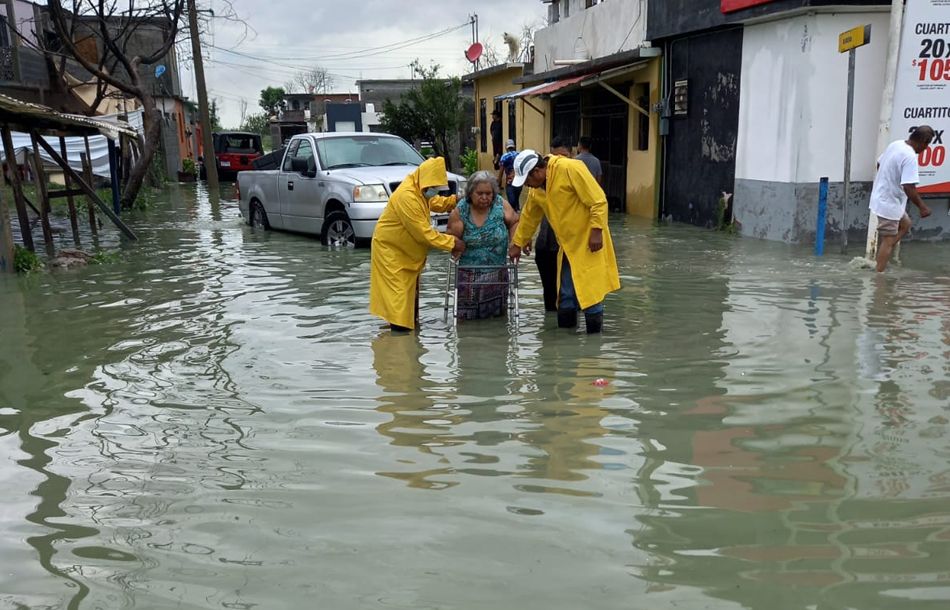The World Bank finances a US $ 150 million project on climate change to the Secretariat of Agrarian, Territorial and Urban Development (Sedatu) of Mexico.
To begin with, an estimated 68% of the urban Mexican population lacks access to basic infrastructure such as paved streets, sidewalks, street signs, or urban vegetation.
Also, only 24% of Mexicans have access to vegetation within 500 meters of their homes.
Furthermore, access to urban public space in Mexico is below the regional average.
The World Bank-supported Project is aligned with the Country Partnership Framework for the 2020-2025 period.
In particular, the project contributes to enabling sustainable infrastructure and climate action through its objectives of providing more inclusive and sustainable infrastructure services; and support the government in achieving its climate change goals.
Cities play a critical role in driving the economy and responding to the impacts of climate change. More than 80% of Mexico’s GDP and 77% of the country’s greenhouse gas (GHG) emissions are generated in urban areas.
Sedatu
Urban areas concentrate the causes and impacts of climate change and are central to any broad effort to reduce and mitigate it.
From Sedatu’s perspective, investing in a sustainable and inclusive future for Mexican cities is a unique opportunity to improve the living standards of the most vulnerable and accelerate the transition to a low-carbon and resilient future.
Sectoral and institutional context
Urbanization in Mexico has led to greater prosperity and improvements in the quality of life for many people, but extending these benefits to the poor and vulnerable poses notable challenges.
Mexico went through a rapid process of urbanization during the 20th century and is now 79% urban.
In just 50 years, between 1950 and 2000, the country went from 30% urban and 70% rural to the opposite.
Although growth rates have moderated since then, Mexican cities have added more than 80 million urban residents since the 1960s, creating enormous challenges in terms of managing urban growth and providing adequate services and opportunities to new urban residents.
In particular, the recent expansion of cities into peri-urban areas, driven by large-scale and irregular housing developments, has led to many urban settlements being disconnected or underserved by infrastructure and services.
![]()

